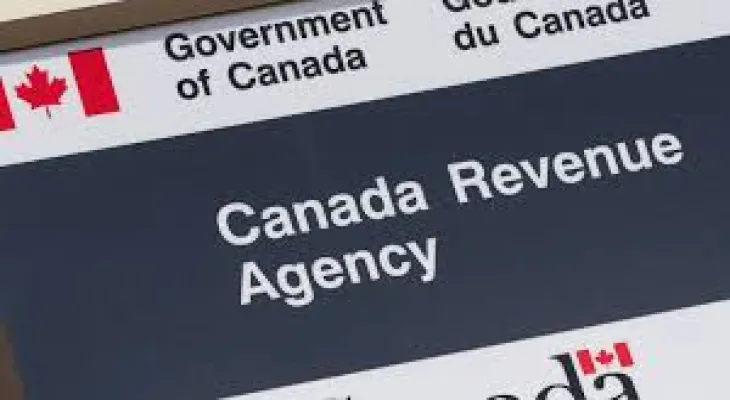Search here
Newspaper
Search here

Arab Canada News
News

Published: April 4, 2024
During the past week, many Canadians were rushing alongside their accountants to file the 2023 tax year income tax and T3 information returns before the April 2 deadline, which is a required T3 filing for anyone with a bare trust.
Then last Thursday – just before the long weekend with the application deadline set for last Tuesday – the Canada Revenue Agency (CRA) announced that it would not require bare trusts to file T3 returns for 2023 after all, unless specifically requested.
This news came too late for many law-abiding accountants and Canadians who had hired them to assist with preparing T3s. The last-minute decision to cancel reporting requirements left many confused, and some say the decision undermined confidence in the government.
A bare trust is when the trustee holds legal title, but the beneficiary has beneficial ownership. This means the trustee has no independent authority or responsibility over the property.
Bare trusts can be used in estate planning to avoid the 1.5 percent probate tax on the fair market value of property upon someone’s death, for example, or a bare trust arrangement can be as simple as naming the spouse or child on the bank account’s family name.
Previously, it was unclear which arrangements would be considered bare trusts under the reporting requirements. The new rules were first proposed in the 2018 federal budget and came into effect for the 2021 tax year. But they were postponed twice, and 2023 was the first tax year the new reporting requirements applied as law.
Armando Minicocchi, Tax Partner at Grant Thornton, said, "The number of calls I received from clients in March," "everyone was rushing to find out, oh my God, I have all these bank accounts with my son or daughter. Do I need to file a separate trust return for each of these?"
Why do people use bare trusts?
Minicocchi said, "We see it a lot in estate planning, where bare trusts are used as a tool," "for example, my mother is a widow and owns a home." "Her lawyer decided, for estate planning purposes, to add me to the title, so when you see the probate tax bill, you see my mother’s name and my name – it’s just a trust."
He added, "You see the same thing happening with bank accounts and investment accounts, "these are all bare trust arrangements." "The key thing about bare trust arrangements is that when the asset goes into the trust, there is no change in ownership."
Minicocchi continued, "Cottage owners should be aware of these new reporting requirements for upcoming years, "It’s not uncommon for a cottage to be held in a trust." "This trust probably never had to file a trust return in the past because it generated no income and did not distribute capital to anyone."
Minicocchi said, "Any rural homes held in bare trusts need to file a return every year, regardless of whether there is any activity."
He continued, "Under our previous rules, this trust would only have to file a return in the year the cottage was sold or the trust was wound up and the cottage distributed."
Why is this change happening?
Going back to 2018, Minicocchi says the regulator began setting new transparency rules, first for corporations. The goal was to make entities disclose their beneficial owners, including name, date of birth, last address, and tax residency area, among other details.
"We’re trying to get to a point where people can’t use a Canadian entity, whether it’s a corporation or trust, to hide behind," "Our rules now line up with what we have in some other jurisdictions around the world, where someone should be able to identify who is behind this corporation."
Minicocchi added, "These rules are far-reaching and can affect hundreds of thousands of Canadians. Part of the buzz was due to the very broad definition of ‘bare trusts’ as outlined in the Finance legislation."
Minicocchi explains: "The definition is so broad that any arrangement where someone holds something for another person, but doesn’t have beneficial ownership – is basically a bare trust."
He explained, "There is still some uncertainty." "We would like to see some clarity from Finance. What information do they really want, specifically regarding these bare trust arrangements?”
That information remains unclear, as the CRA website states: "Over the coming months, the CRA will work with Finance to further clarify guidance on these filing requirements," and the CRA will communicate with Canadians as more information becomes available."
Comments